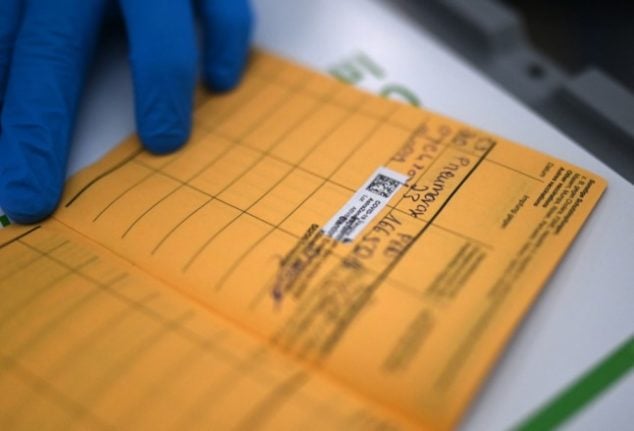Switzerland and Greece are in discussions about setting up a tax agreement, according to the Financial Times Deutschland (FTD). The treaty would help prevent capital flight from Greece and increase the country’s tax revenue.
The majority of the 200 billion euros ($276 billion) stashed in Swiss banks is money that goes undeclared to Greek fiscal authorities, reports the FTD, so an agreement could contribute to the debt-ridden country’s rescue.
In the wake of the financial crisis, the number of tax evaders in Greece increased massively.
According to statistics from the Greek Central Bank, since the beginning of 2010, €33.3 billion ($46 billion) has been withdrawn from Greek banks, hampering credit. Some experts say the figure is closer to €87 billion ($120 billion).
Horst Reichenbach, who heads a European Union task force on rebuilding Greece’s economy, told the FTD that the treaty would be similar to the one signed on September 21st with Germany.
The agreement between Bern and Berlin will mean banks collect a flat tax of 26 per cent on income earned on assets belonging to German customers. This rate is almost the same to the current rate of tax charged on such income in Germany.
As for dealing with the past, German clients with long-standing funds held in Switzerland will have the option of paying a one-off flat-rate tax settlement of between 19 and 34 per cent or disclose their assets to the German fiscal authorities.
In return Berlin has agreed not to pursue new prosecutions or buy more stolen data of German clients’ accounts in Alpine banks.
A spokesperson for the State Secretariat for International Financial Matters (SIF) confirmed to the newspaper that a preliminary meeting is scheduled for next week, after the October 23rd federal elections.
If Greece and Switzerland do reach an agreement, it would not come into effect until January 1st 2013 because the negotiations will be long and difficult, Reichenbach said. That is the same date for the tax treaty with Germany to be in effect.


 Please whitelist us to continue reading.
Please whitelist us to continue reading.
Member comments